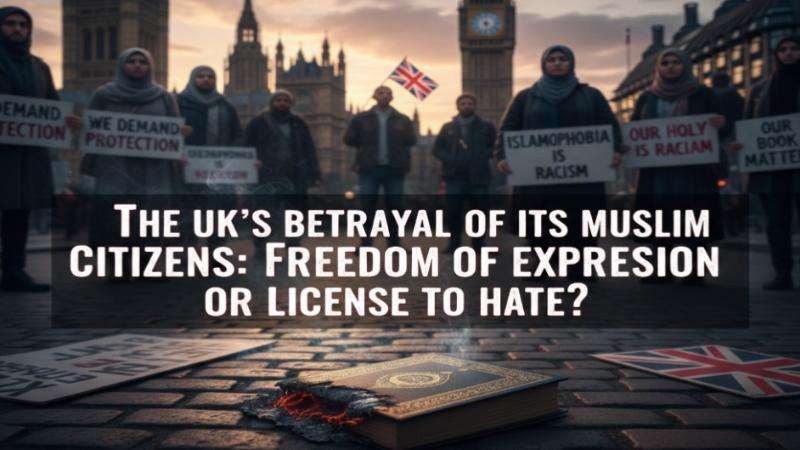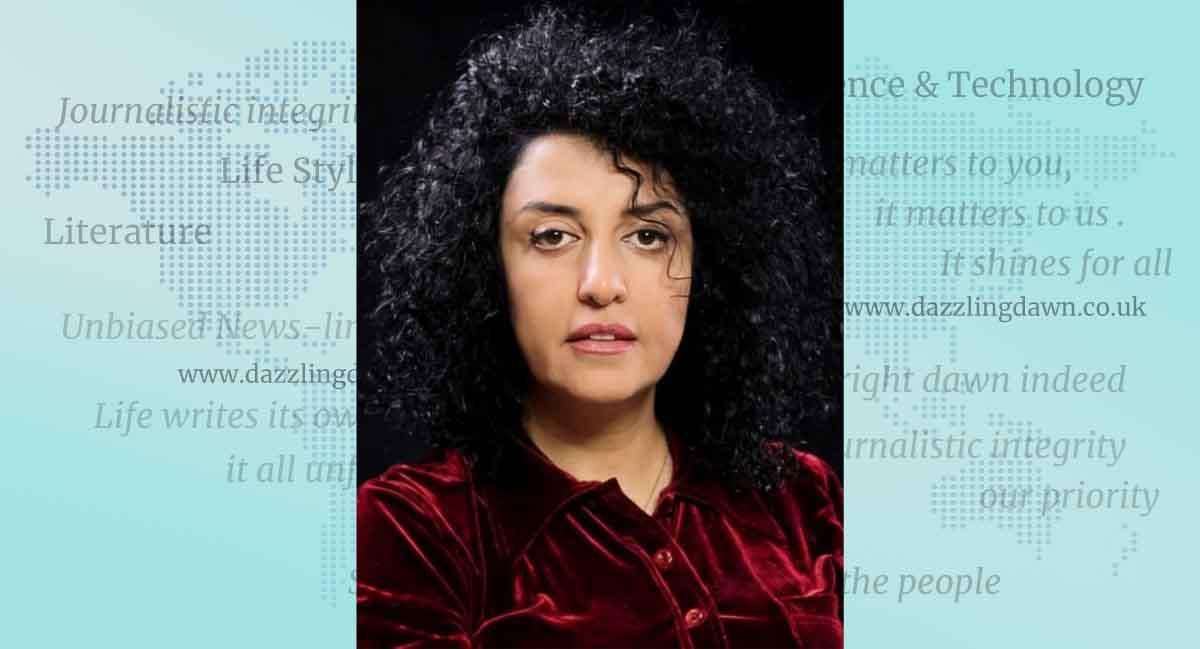The air in Gaza, heavy with the dust of destruction, usually hums with anticipation as Eid al-Adha approaches. But this year, the sacred Islamic holiday, a beacon of joy and sacrifice, has been cruelly extinguished for thousands of Palestinian families, particularly its most vulnerable – the children. As Muslims worldwide gather to mark the Festival of Sacrifice, Gaza's little ones are left with empty bellies, shattered dreams, and a profound sense of loss.
Eid al-Adha traditionally brings with it the rich aroma of roasted lamb or beef, a symbol of devotion and charity. Families gather for sumptuous meals, children receive new clothes, and the streets echo with laughter and the joy of gifts. Yet, in the war-torn Gaza Strip, this cherished tradition has become a haunting memory. For three agonizing months, not a single piece of fresh meat has entered the besieged territory. The blockade, imposed by Israel to pressure Hamas for hostage releases, has choked off vital supplies, leaving a population on the brink of famine.
Adding to the despair, nearly all of Gaza’s homegrown livestock – the very animals that represent the essence of Eid al-Adha – have perished under 20 months of relentless Israeli bombardment and ground offensives. The few skeletal sheep, goats, a lone cow, and even a camel seen in a makeshift pen in the vast tent camp of Muwasi stand as stark reminders of what once was. Yet, their presence only serves to underscore the crushing reality: no one can afford to buy them.
Little eyes, usually alight with excitement on Eid, now peer with a mixture of confusion and longing at the emaciated animals. Some children, perhaps clinging to a shred of normalcy, still call out the traditional prayers associated with the holiday, their small voices a poignant contrast to the surrounding desolation.
"I can't even buy bread. No meat, no vegetables," lamented Abdel Rahman Madi, his voice heavy with despair. "The prices are astronomical." His words echo the silent cries of countless parents who find themselves unable to provide even the most basic sustenance, let alone the festive treats of Eid.
This sacred day commemorates the unwavering faith of Prophet Ibrahim, his willingness to sacrifice his son as an act of submission to God. It is meant to be a day of boundless joy for children, a time when markets buzz with activity as families purchase food and gifts. But for Gaza's children, the only booming "businesses" are the silent despair of hunger and the constant threat of violence. Prices for everything have skyrocketed amid the blockade, which saw only a slight, insufficient easing two weeks ago. Meat and most fresh fruits and vegetables vanished from markets weeks ago, leaving a void that gnaws at the very soul of the community.
In a street market in Khan Younis, some stalls offered stuffed sheep toys and other holiday knickknacks, alongside piles of worn, second-hand clothes. But the flicker of hope in children's eyes quickly dimmed as parents turned away from the exorbitant prices, unable to offer even a small token of Eid cheer.
Karima Nejelli, a displaced woman from Rafah, articulated the profound weariness of a people enduring endless suffering. "During these four Eids," she said, her voice laced with an unbearable sorrow, "we as Palestinians did not see any kind of joy, no sacrifice, no cookies, no buying Eid clothes or anything."
For Gaza's children, Eid al-Adha 2025 is not a celebration of sacrifice, but a harrowing testament to it – a sacrifice of their childhood, their innocence, and their fundamental right to joy. Their tears, though often silent, are a deafening indictment of a world that has allowed their suffering to continue, month after agonizing month. The echoes of their unfulfilled hopes will reverberate long after the echoes of war have faded.







.jpg)
.svg)


